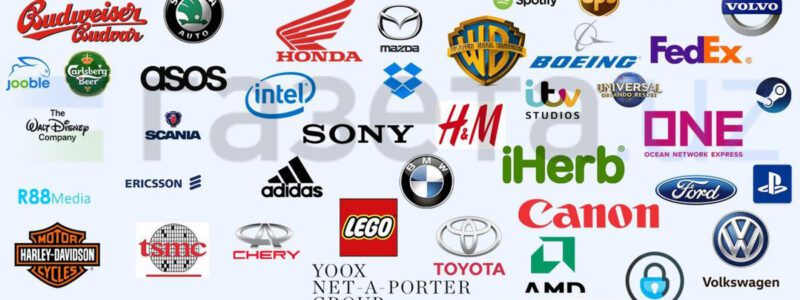
After almost a year of the war unleashed by Russia against Ukraine, only 9% of nearly 1.5 thousand global companies have left the Russian market, according to Mikhail Podolyak, advisor to the head of the Presidential Office.
“Among the Western companies left to work in Russia, the largest share is German (19.5%), 12.4% – American, 7% – Japanese In particular, remained to work in the terrorist state: METRO, Leroy Merlin, Auchan, Nestle, Unilever, Procter & Gamble, Siemens, Pfizer, Philip Morris, Bayer, Acer, Alibaba, CloudFlare, Societe Generale, Credit Suisse, Lenovo, Asus, Cersanit and the like,” Podolyak wrote in Telegram Saturday.
He said some Western banks “made super profits in Russia in a year of full-scale war at all.” “Raiffeisen increased profits in Russia by 313%. For 2022, the profit of the Russian branch was 474 million euros, and this is the largest amount among branches in Southeastern Europe,” Podolyak said.
Raiffeisen, according to his words, for the last financial year has replenished the Russian treasury with 94.8 million euros only for profit tax. “The amount of other fees is much more. That is, it is a tax on the war, on the killing of Ukrainians. Moreover, Raiffeisen recognized the pseudo-republican “L(D)NR”, offering credit vacations to the partially mobilized. Its example was followed by Citibank, Credit Europe Bank and OTP Bank”, – writes Podolyak.
He also notes that the NAPC has recently recognized the American corporation as an international sponsor of the war. The company owns such subsidiaries and brands as Gillette, Fairy, Tide, Ariel, Lenor, Mr. Proper, Pampers, Always, Head & Shoulders, Pantene, Old Spice, Hugo Boss, Max Factor, etc.
“Not only have they not withdrawn from the Russian market, but they continue to operate the Household Chemistry Combine, which is the world’s largest producer of detergents for P&G, and the Gillette blade and shaving machine factory,” Podolyak stressed.
Operating in Russia, international companies pay taxes to the Russian state budget used for the production of defense-industrial complex. The total annual revenue of these 1200+ companies in Russia is almost $290 billion, which is one fifth of Russia’s GDP, the advisor of the head of the Office of the President of Ukraine notes.
As Podolyak notes, the companies also contribute to mobilization measures in Russia. Under new Russian law, corporations operating in Russia are forced to help draft employees into the military and fund their military equipment.
“Not withdrawing from the Russian market in a year of full-scale war is not an accident, but a conscious position… And the collective West, whose market is a higher priority for international companies than Russia, must show a firm stance,” Podolyak summed up.